Russian President Vladimir Putin presents US President Donald Trump with a World Cup soccer ball on July 16, 2018 in Helsinki, Finland. Photo: Getty.
The Trump administration's efforts to reach a ceasefire in Ukraine have largely stalled, despite a flurry of diplomacy .
Since returning to the White House, Donald Trump has had at least two lengthy phone calls with Russian President Putin and has sent special envoy Steve Witkoff to meet the Russian leader in Moscow several times.
Unsurprisingly to many Kremlin watchers, none of these meetings resulted in any agreement. Not only did Witkoff return empty-handed, he reiterated several key points from the Kremlin’s talk.
The latest US proposal includes recognition of Russian control over Crimea — a long-standing red line for Ukraine and its European allies.
“I think the talks are going very well — from Putin’s perspective,” Angela Stent, a foreign policy expert and former national intelligence officer for Russia and Eurasia at the US National Intelligence Council, told CNN.
“He has no intention of stopping the war, but what he wants and what he is achieving is the restoration of US-Russian diplomatic relations.”
“Putin is playing a waiting game because he believes time is on his side and can force Ukraine into a disadvantageous position, convincing Kiev and its European allies with Washington’s help that there is no alternative to a peaceful solution on Russia’s terms,” said John Lough, head of foreign policy at the Center for a New Eurasian Strategy, a London- and Washington-based think tank.
Delaying, haggling over every detail or saying no without explicitly saying “no” is a classic Russian tactic, used by President Putin and his top negotiators many times in the past, such as in ceasefire talks in Syria.
It is unclear whether the US administration failed to foresee this because it lacked the expertise to do so, or simply decided to act accordingly.
Stent said Mr Trump's statements since returning to office showed he saw the world in a similar way to Mr Putin - one of a small number of great powers to which smaller nations must submit.
“Trump talks about great power competition, that he could take over Canada, Greenland and Panama, which from Putin’s perspective is fine. Remember, he has never criticized Trump on any of these things,” she said.
Finally, Donald Trump has made it clear that he has little interest in Ukraine's future.
So if Russian President Putin continues to drag out the process, this could open up a way out for Mr Trump.
The art of manipulation
Lough said his KGB training shaped the Russian president's approach to negotiations.
“Putin was famous in the KGB for working with people. He was trained in the art of manipulating people. He was known for meticulously preparing for negotiations and being a master of detail,” Lough said, adding that the Russian leader was known for being “quick and able to charm and intimidate at the same time.”
According to Kalina Zhekova, an associate professor at University College London (UCL) who specializes in Russian foreign policy, Putin has used this technique with Donald Trump in the past.
When the two met in Helsinki in 2018, the Russian leader handed Donald Trump a 2018 World Cup ball during a press conference and said “the ball is in your court now,” referring to efforts to improve strained relations between the US and Russia.
“This shows the Russian president’s calculated, tit-for-tat approach, which sees diplomacy as a game with winners and losers. He may also perceive his counterpart as someone with a fragile ego who is easily impressed by gestures and gifts,” Zhekova said, adding that the summit was widely seen as a victory for Putin, as Trump was unwilling to condemn Moscow’s interference in the 2016 US presidential election, contradicting US intelligence reports.
Russian President Putin has many tools in his diplomatic toolbox. He likes to keep his counterparts waiting by arriving late to meetings. He often creates situations to have more options and can change his mind when he sees fit, which makes negotiating with him even more difficult.
He has also been known to use force to assert his power. For example, in 2007, “Putin allowed his Labrador to approach German Chancellor Merkel during a photo session, even though her fear of dogs had been communicated to Russian officials before the meeting,” Zhekova said.
Witkoff, the US President's Special Envoy, a real estate tycoon with no experience in politics or diplomacy, managed to strike a deal with a former KGB lieutenant colonel who had survived five US presidents, eight British prime ministers and six NATO heads, after personally negotiating with many of them.
Stent pointed to the fact that General Keith Kellogg, Donald Trump's official special envoy for Ukraine and Russia, has been largely sidelined in negotiations with Russia.
The professional mismatch was not only present among Witkoff but also among the rest of the US negotiating team.
Instead of Kellogg, Witkoff was accompanied on some of his trips by Secretary of State Marco Rubio and national security adviser Mike Waltz, both experienced politicians but without a proven track record when it comes to Russia.
Meanwhile, the Russian delegation includes veteran Foreign Minister Sergei Lavrov, former ambassador to Washington Yuri Ushakov, and Kirill Dimitriev, head of Russia’s sovereign wealth fund, who studied at Stanford and Harvard. All three speak fluent English and are experienced diplomats who know how to deal with Americans.
America may soon give up
Moscow may be stalling in the hope that Mr Trump will lose patience and abandon efforts to end the war.
There are signs that this is the case: Rubio said last week that the US could walk away if there is no sign of progress. Donald Trump is also frustrated by the lack of progress and has privately told advisers that brokering a deal is more difficult than he anticipated.
“The administration desperately wants a deal, but it doesn’t want to pay a high price for it — so no security guarantees from the US, no troops on the ground and no aid to Ukraine as a means of forcing Russia to make concessions,” said Jennifer Kavanagh, director of military analysis at Defense Priorities, a research group that advocates a more restrained US foreign policy.
For Mr Trump, getting the US “out” of Ukraine and stabilising relations with Russia is more important than achieving peace, she added.
The Russian president knows this. Russia’s recent series of major attacks on Ukraine, including Kiev, show that the Kremlin believes the leverage the US has — or is willing to use — is limited.
Of course, Donald Trump is not the first US president to believe that it is possible to build good relations with Russia.
“Every US administration in my memory has had the idea of resetting relations with Russia. And they’ve always been wrong,” said Sam Greene, director of Democratic Resilience at the Center for European Policy Analysis.
Greene, who is also a professor of Russian politics at King's College London, said the string of failures meant Moscow “has come to view the United States as fundamentally inconsistent.”
Several former presidents have tried to build personal relationships with Russian President Putin. George W. Bush invited the Russian leader to his ranch in Crawford, Texas. Bush famously said that he “looked the man in the eye” and “could feel his soul.”
While the Russian president initially agreed to cooperate with the Bush administration, being the first world leader to call Bush after the 9/11 attacks, their relationship quickly soured.
“I think the real reason the rapprochement collapsed was because the Russian president wanted the United States to treat Russia as an equal and recognize Russia as a sphere of influence in the post-Soviet states. And that was not something the Bush administration was prepared to do,” Stent said.
Other US administrations have tried a different approach, trying to make Russia more interested in cooperation by welcoming Russia into global institutions, such as the G7 in 1997 under President Bill Clinton, or the World Trade Organization (WTO) in 2012 under the Obama administration.
“That didn’t work either, largely because both sides, over time, underestimated the extent of the structural disconnect between the West and Russia’s trajectory,” Greene said.
The US relationship with Russia has been somewhat easier under the Obama administration, but that is largely because Putin has not formally held the top job for a while. He stepped down as president in 2008 to become prime minister because of term limits. He returned to the presidency in 2012 and has since changed the constitution.
The main problem, experts say, is that the United States and Russia simply don't understand each other — now or for decades.
“I don’t think most US administrations really understand the depth of Russia’s shift, which sees the existence of Western power and especially the integrity of the transatlantic relationship as a profound threat to Russian interests,” Greene said.
Thomas Graham, an emeritus fellow at the Council on Foreign Relations who served as senior director for Russia on the National Security Council staff from 2004 to 2007, said the main mistake US presidents made after the collapse of the Soviet Union was thinking they could develop a broad strategic partnership with Russia.
Graham, who served as special assistant to Bush, said the only way forward is to understand that Russia and the United States have always had a complex, competitive relationship.
“It is important to remember that there are different ways of competing. It can be a very deep confrontational relationship, an unacceptably high risk of military confrontation between Russia and the United States … Or there can be something called competitive coexistence, where the competition is mainly in the economic, trade, cultural, ideological, diplomatic sphere, and not so much in the military sphere,” he said.
TD
Source: https://baothanhhoa.vn/cnn-tong-thong-putin-da-danh-bai-cac-tong-thong-my-ong-trump-chi-la-nguoi-moi-nhat-247026.htm


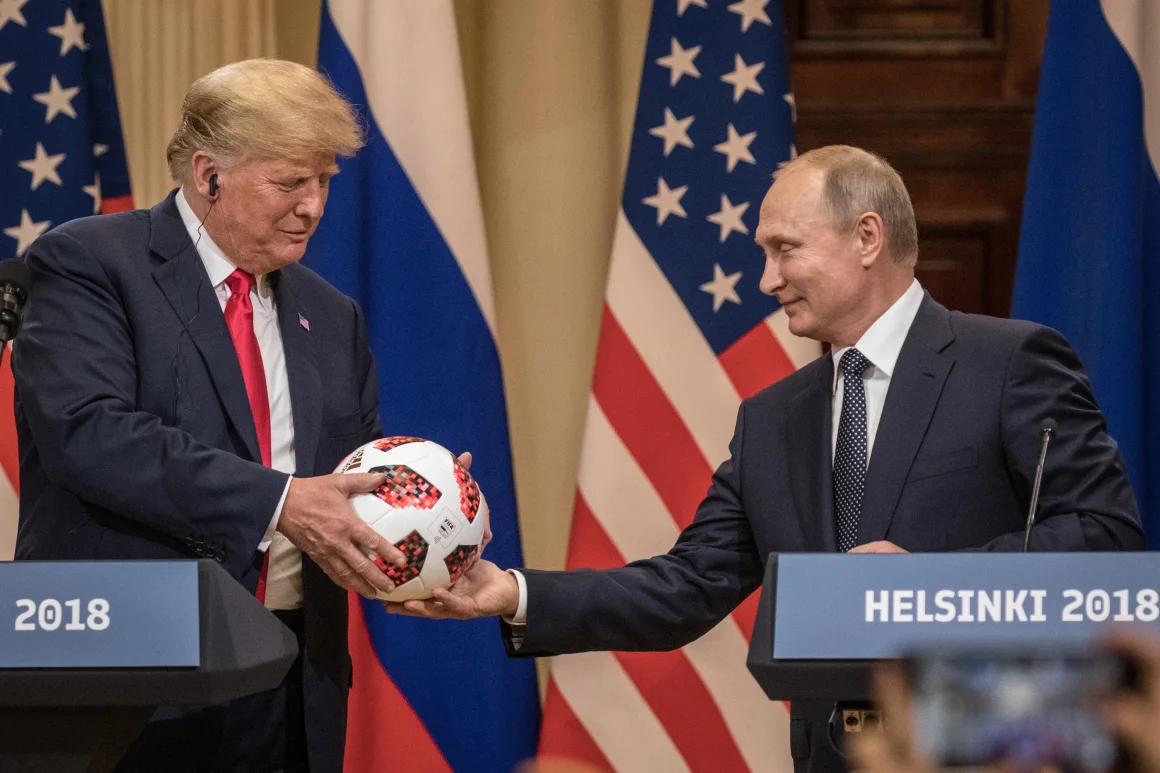






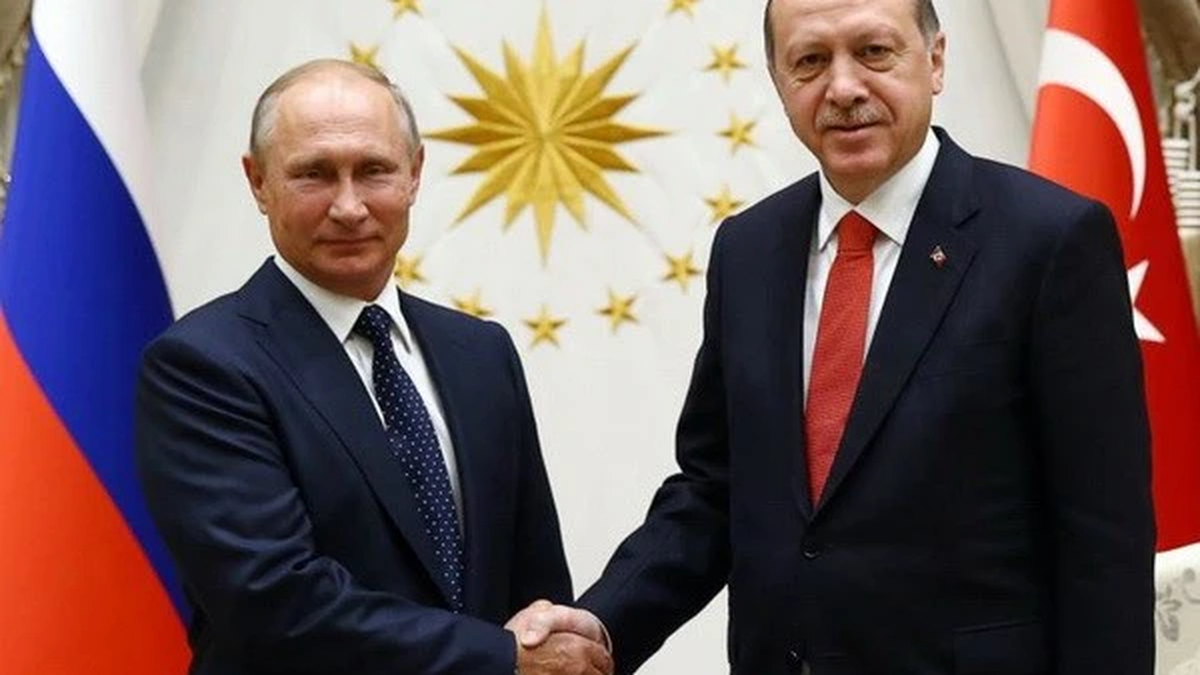
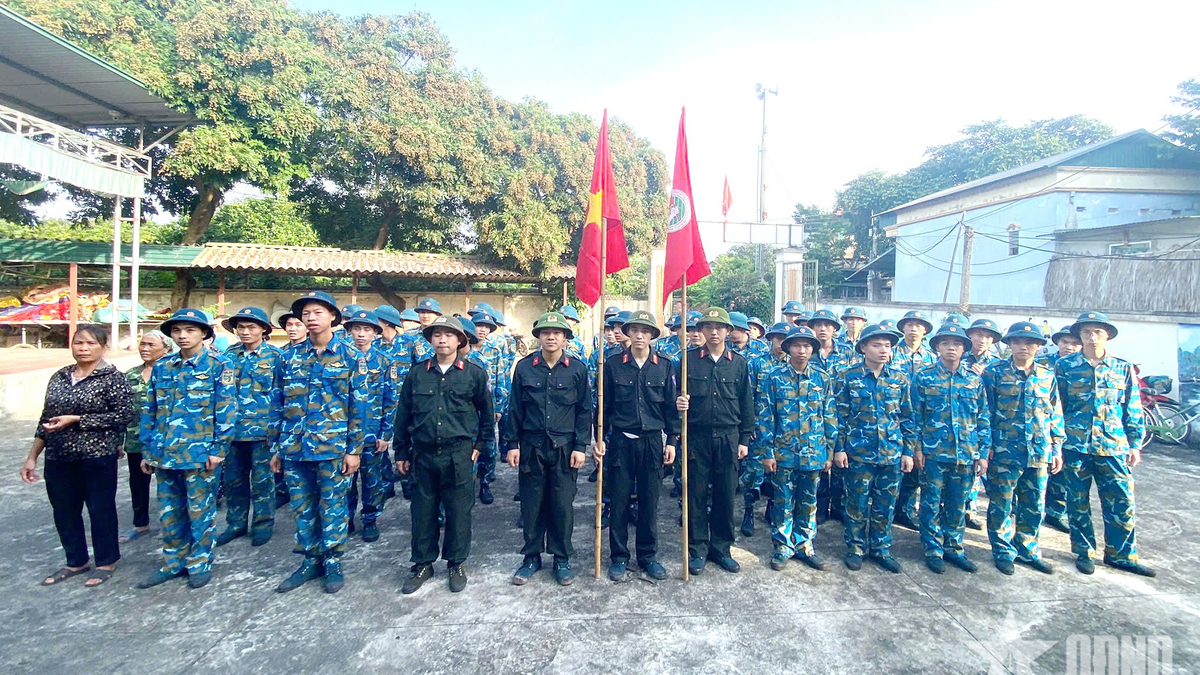
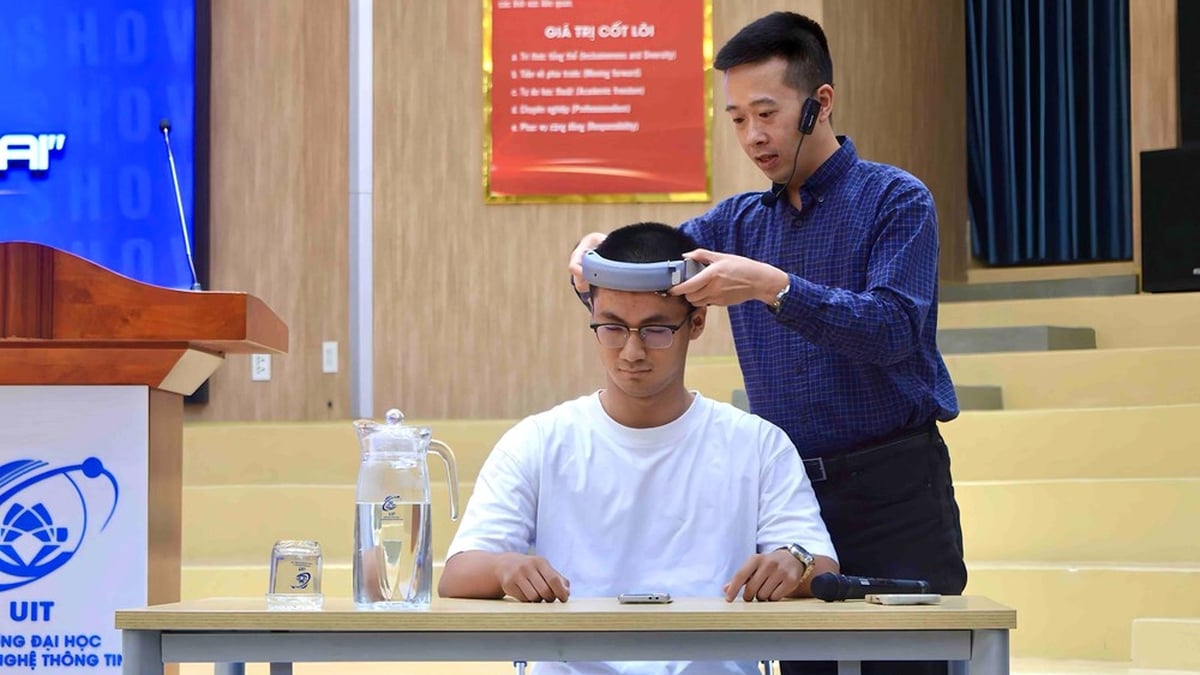
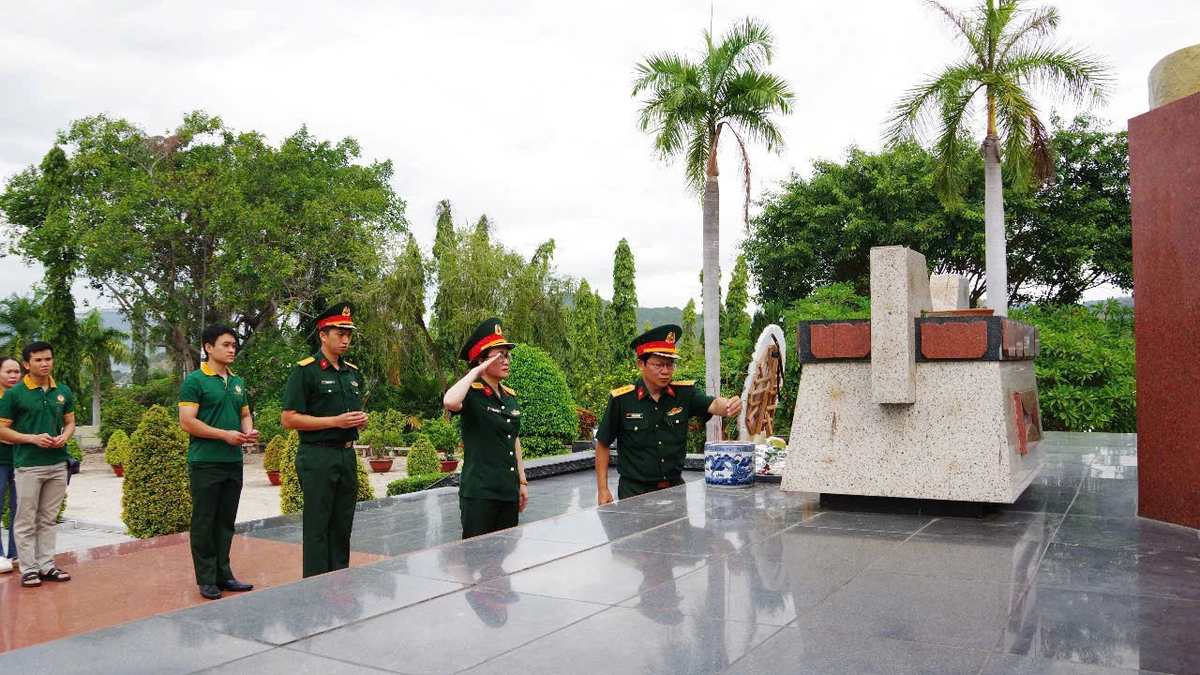
























































































Comment (0)